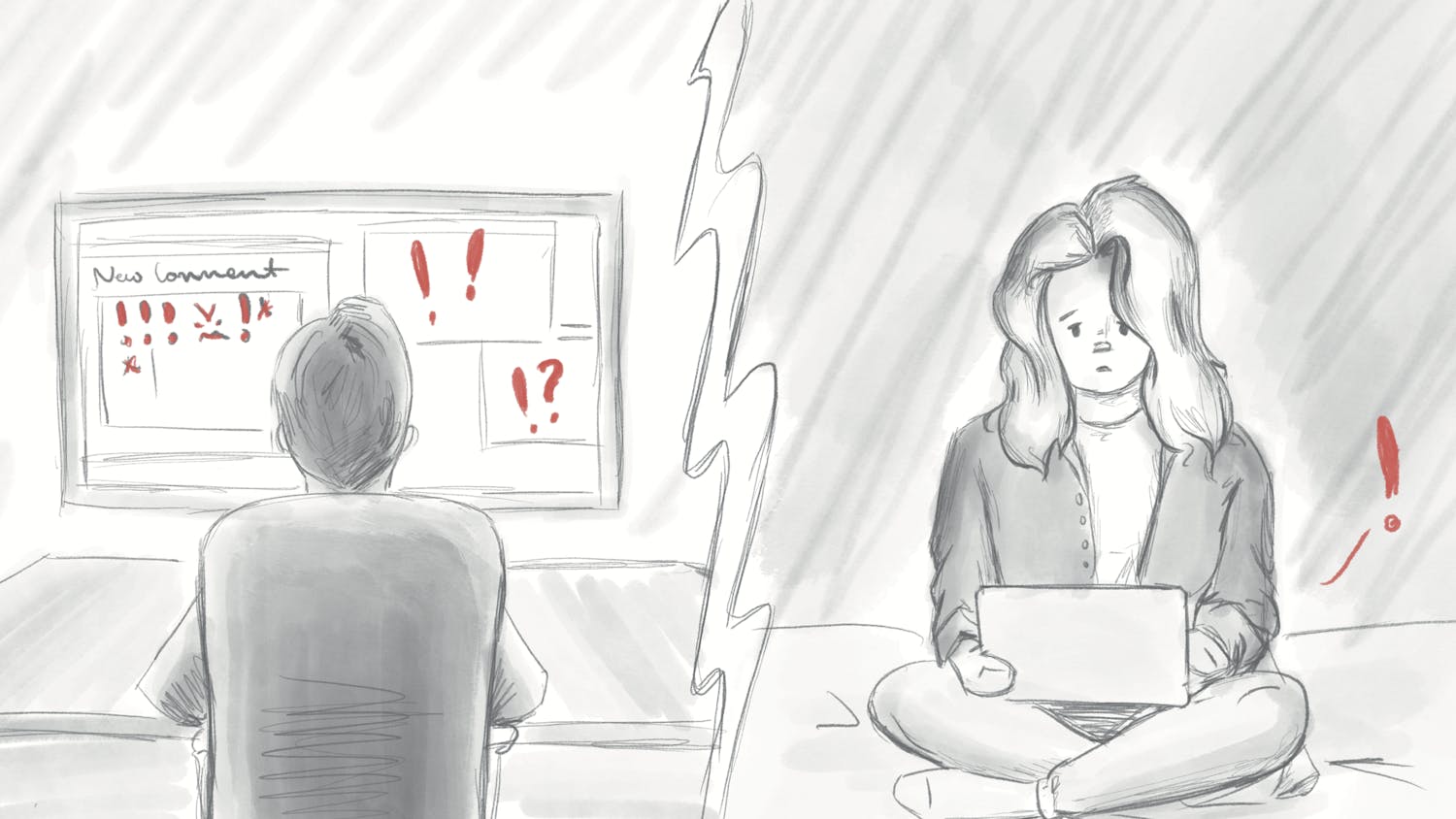Film historians often cite the 1970s as a golden age of American cinema. In particular, that decade was great at churning out paranoid political thrillers. “The Conversation” (1974) might be the best of them.
The film follows Harry Caul, a surveillance expert who records a conversation between a young couple for a mysterious man called The Director. Caul is further drawn to the case when he comes to believe that the couple is in danger.
Technically brilliant, it’s a misunderstood film. Though director Francis Ford Coppola wrote the script for “The Conversation” and finished filming before reporters broke the Watergate scandal, it was seen as a reaction to Watergate.
In a strange coincidence, members of the Nixon administration even used the same wire-tapping equipment as seen in the film.
One of the things that sets this movie apart from most thrillers is its sense of patience. Coppola doesn’t constantly use disorienting fast edits to confuse the viewer, instead patiently observing Caul as he refines his clandestine recordings. The mystery that these sequences create surrounding the tapes’ contents are just as thrilling as any car chase.
The cinematography in this movie is fantastic. It helps to reinforce Coppola’s themes of loneliness and paranoia. In particular, the long shots of Caul are very effective at developing him as an isolated figure who feels cut off from other people.
The sound design of this movie is also excellent. Editor and sound designer Walter Murch uses audio distortions and various sound effects that make you listen more closely. Every sound slowly combines to create a tapestry of paranoia and anxiety.
At times the movie’s cast feels like Coppola is completing a checklist of great 1970s actors. Gene Hackman is excellent as the restrained Caul. John Cazale’s performance as Stan is great proof that he was the Steve Buscemi of the 1970s. Even Harrison Ford shows up as the sinister Martin Stett.
The ‘70s was an abundance of riches in terms of movies. While the wire-tapping technology Caul uses may seem dated, the fear of being watched has only grown. “The Conversation” will endure as long as paranoia exists.




